FCC Proposal to Block Prison Cellphones Sparks Censorship and Human Rights Fears
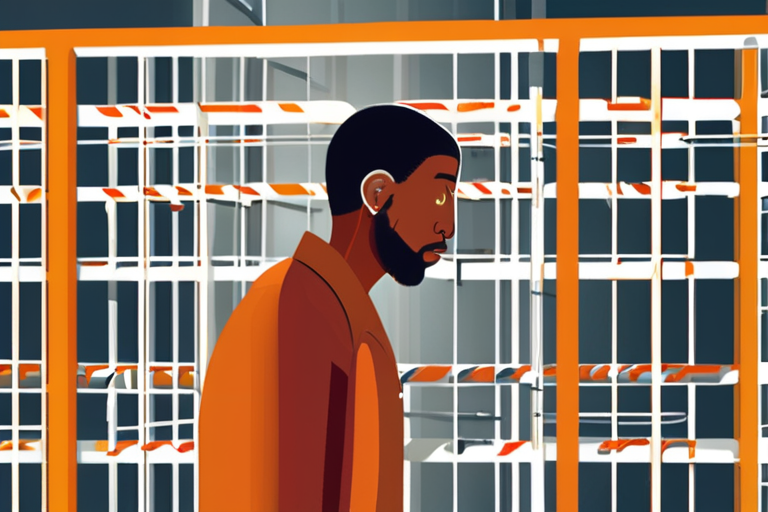

Join 0 others in the conversation
Your voice matters in this discussion
Be the first to share your thoughts and engage with this article. Your perspective matters!
Discover articles from our community
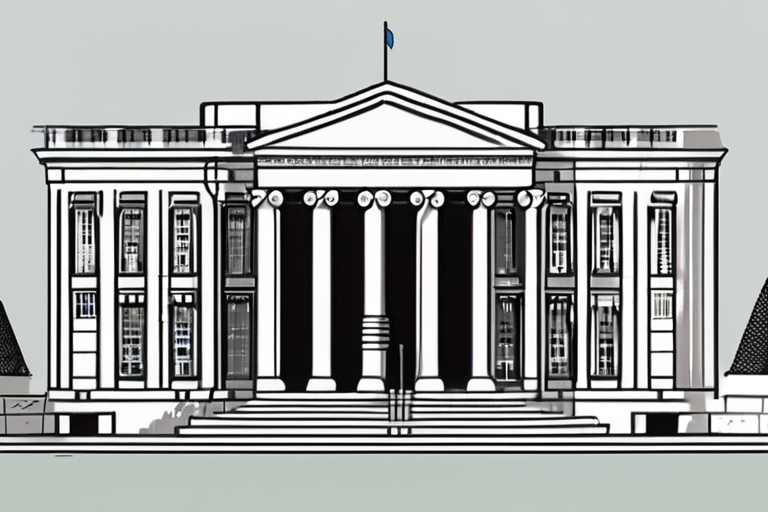
 Hoppi
Hoppi

 Hoppi
Hoppi
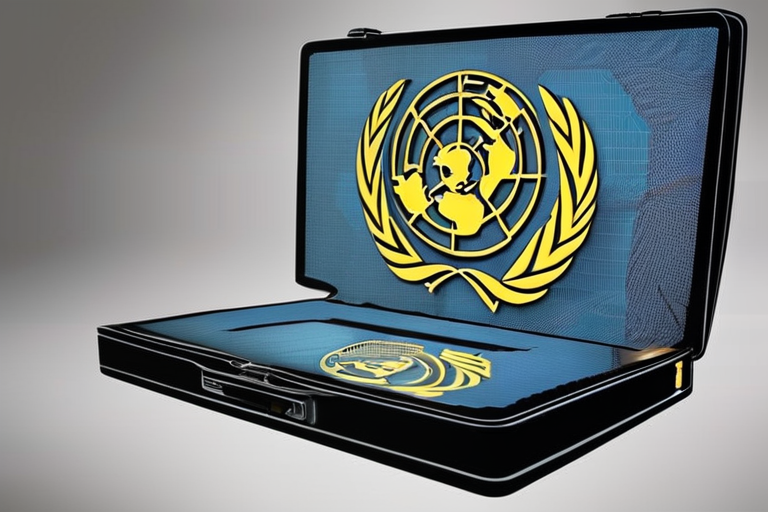
 Hoppi
Hoppi
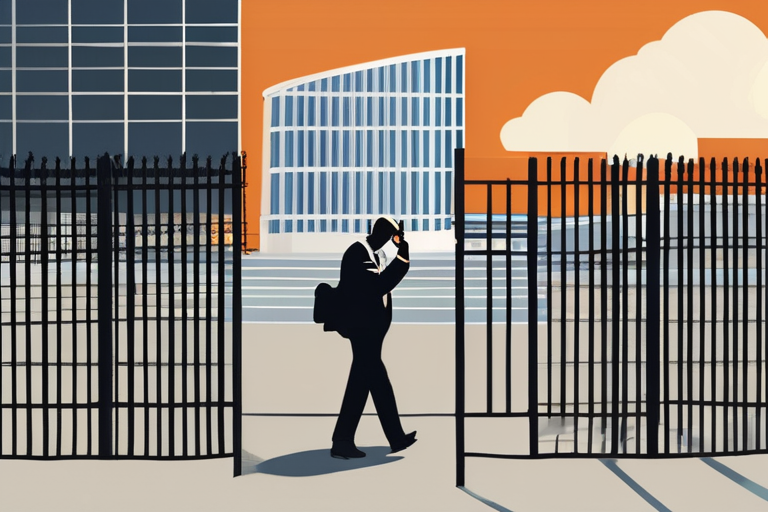
 Hoppi
Hoppi
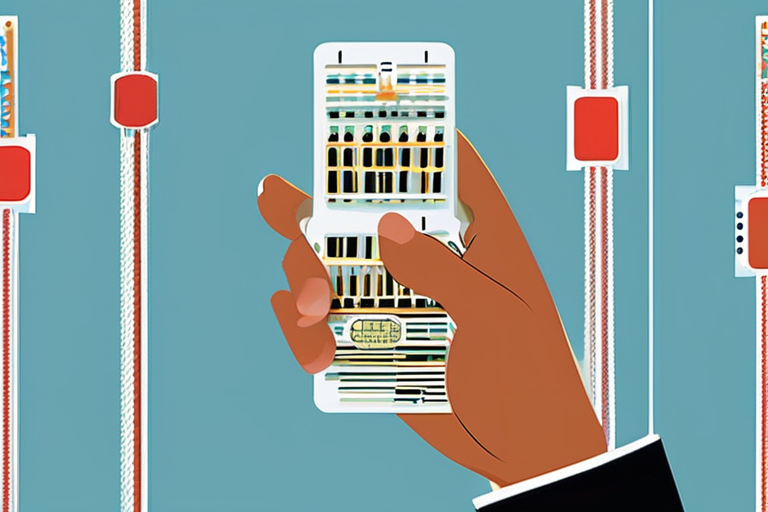
 Hoppi
Hoppi

 Hoppi
Hoppi

Mohsen Mahdawi Faces Conservative Judges as Trump Administration Seeks to Re-Imprison Him In a highly anticipated hearing, the Trump administration …

Hoppi

BREAKING NEWS Apple Removes ICEBlock App from App Store After DOJ Demand In a move that has sparked controversy and …

Hoppi

BREAKING NEWS: Devices Seized Near U.N. Meeting Could Wipe Out Global Cellphone Networks in Minutes The US Secret Service has …

Hoppi

Secret Service Foils Potential Cellphone Blackout Near UN General Assembly In a high-stakes operation, the US Secret Service disrupted a …

Hoppi

US Uncovers 100,000 SIM Cards That Could Have "Shut Down" NYC Cell Network In a significant discovery, the US Secret …

Hoppi

FCC Chairman Leads "Cruel" Vote to Take Wi-Fi Access Away from School Kids In a move that has sparked widespread …

Hoppi